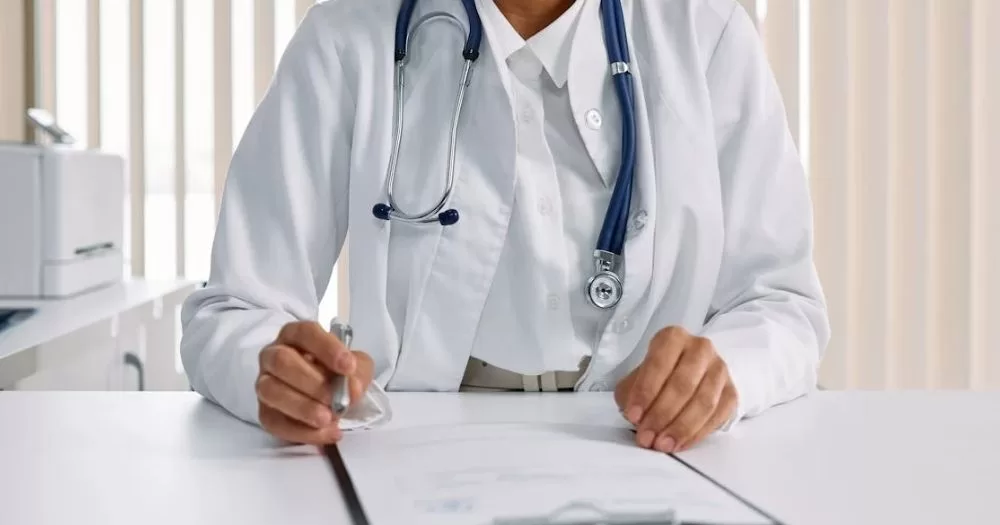Women from marginalised groups, including the LGBTQ+ community, face inequalities and systemic barriers when accessing healthcare in Ireland, a new report found.
Published by the National Women’s Council on October 14, the Our Health, Our Voices report highlights the healthcare inequalities faced by Traveller, Roma, migrant, disabled, and LGBTQ+ women in Ireland. Through targeted listening sessions, the study investigated women’s lived experiences of healthcare, asking questions about accessibility, quality, and availability of services.
Women who took part in the study highlighted the importance of having their voice heard in designing healthcare systems that are gender-sensitive, culturally competent and responsive to the needs of all women, including those from marginalised groups.
Participants reported persistent barriers and health inequalities, including:
- Financial barriers: several women shared stories of having to forgo treatment, prescriptions, or regular care due to cost, also highlighting how the rigid eligibility rules for medical cards and social protection supports often leave women unable to pay for essential care.
- Geography: Women who live in rural areas and disabled women reported struggling to access services.
- Discrimination: Many women reported experiencing discrimination based on ethnicity, disability, age, gender identity or sexual orientation.
- Language barriers, literacy challenges, and lack of interpretation supports: Several women described barriers arising due to a lack of local knowledge, as well as language, literacy, and an emerging digital divide.
Beyond these findings, and as evidenced by health professionals and activists, trans women also face additional barriers when trying to access gender-affirming healthcare. Ireland’s National Gender Service (NGS) has faced widespread criticism for its years-long waiting lists, invasive psychiatric evaluations, and inconsistent access to treatment.
Commenting on the report’s findings, Doireann Crosson, Head of Policy at the National Women’s Council, said: “While there have been many really positive advancements in women’s health – including an additional €180 million in funding – we found that these advancements haven’t actually reached all women equally.
“Marginalised women in Ireland continue to face significant health inequalities and persistent barriers to care. We’re calling on the Department of Health to continue to build on its commitments to listen to and meaningfully engage with women across Ireland – particularly those from marginalised groups and communities.”
Find the full Our Health, Our Voices report here.
Did you know we have a team of wonderful runners taking part in this year’s Dublin Marathon and raising funds for GCN? You can support our athletes at this link.
© 2025 GCN (Gay Community News). All rights reserved.
Support GCN
GCN is a free, vital resource for Ireland’s LGBTQ+ community since 1988.
GCN is a trading name of National LGBT Federation CLG, a registered charity - Charity Number: 20034580.
GCN relies on the generous support of the community and allies to sustain the crucial work that we do. Producing GCN is costly, and, in an industry which has been hugely impacted by rising costs, we need your support to help sustain and grow this vital resource.
Supporting GCN for as little as €1.99 per month will help us continue our work as Ireland’s free, independent LGBTQ+ media.
